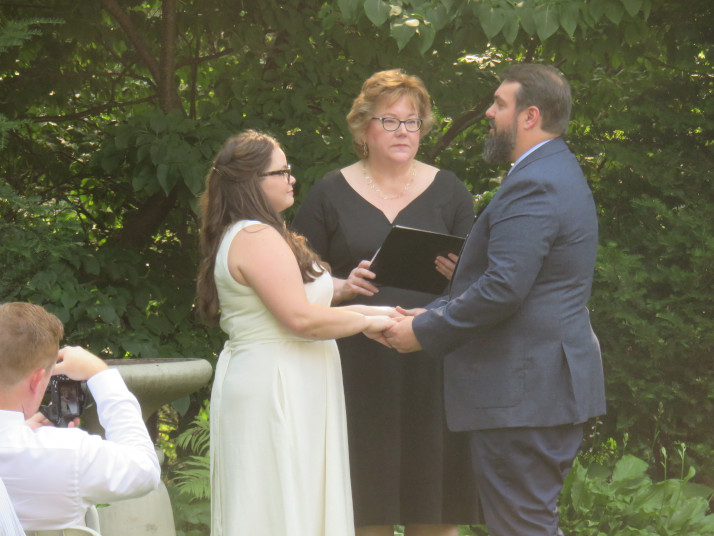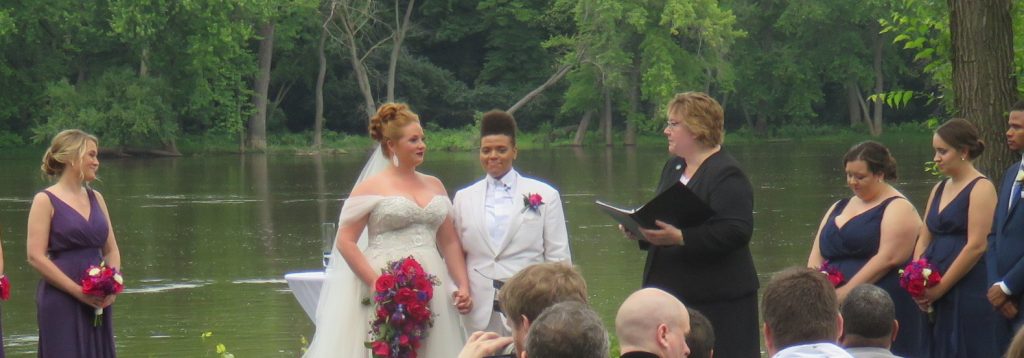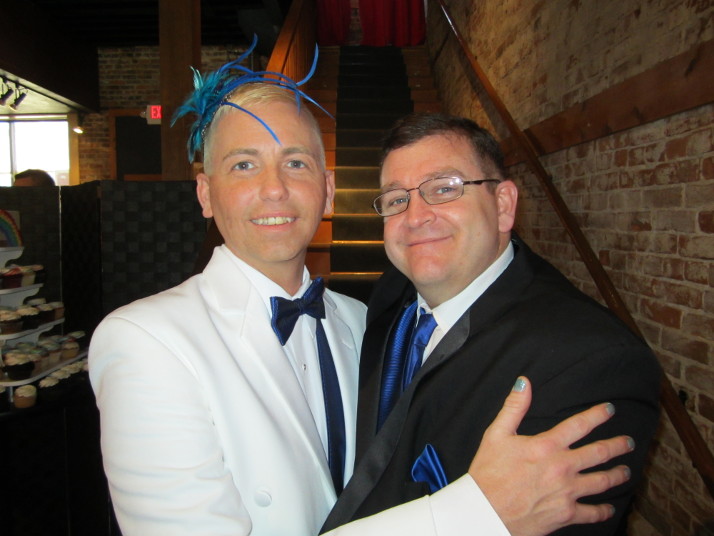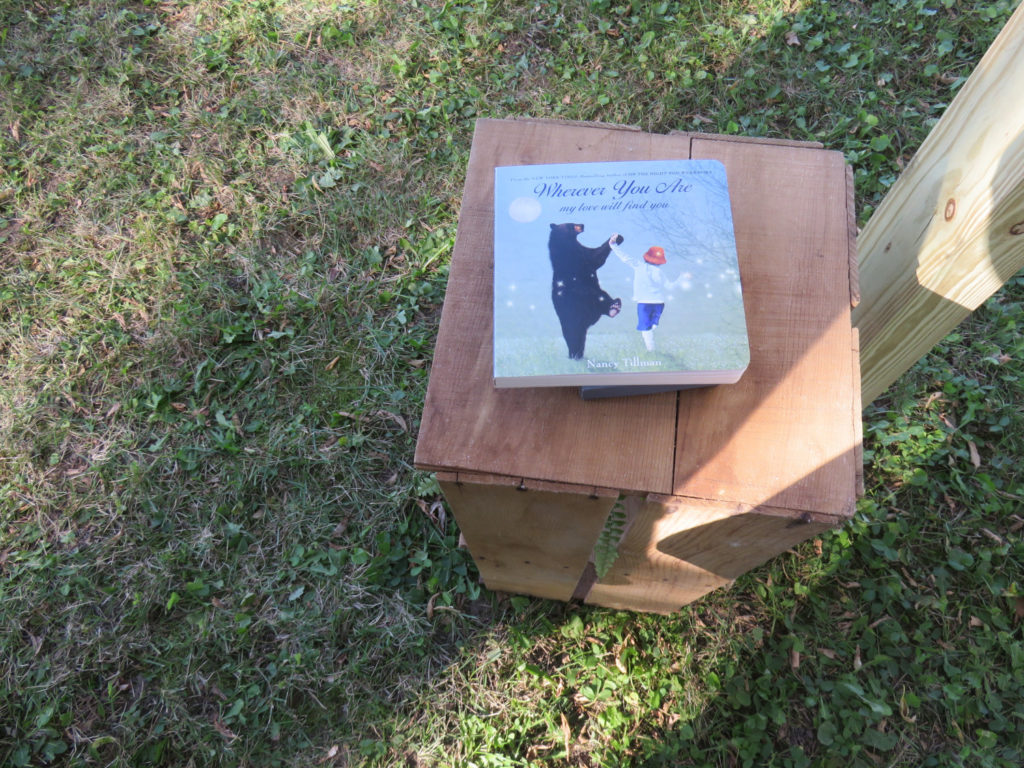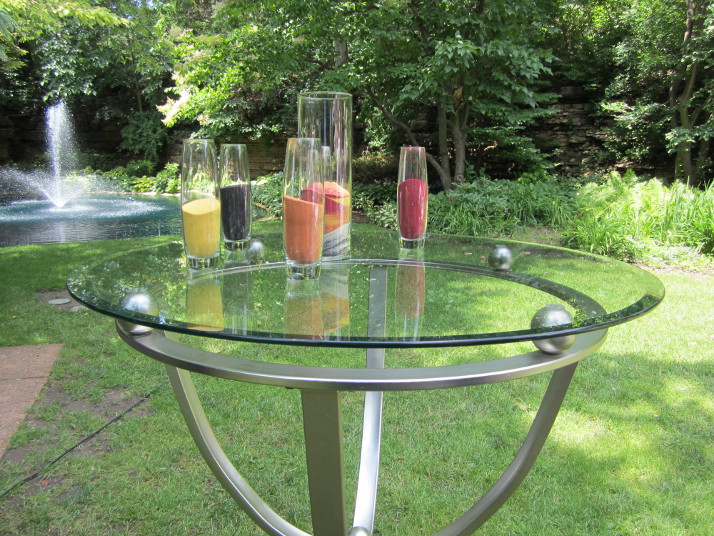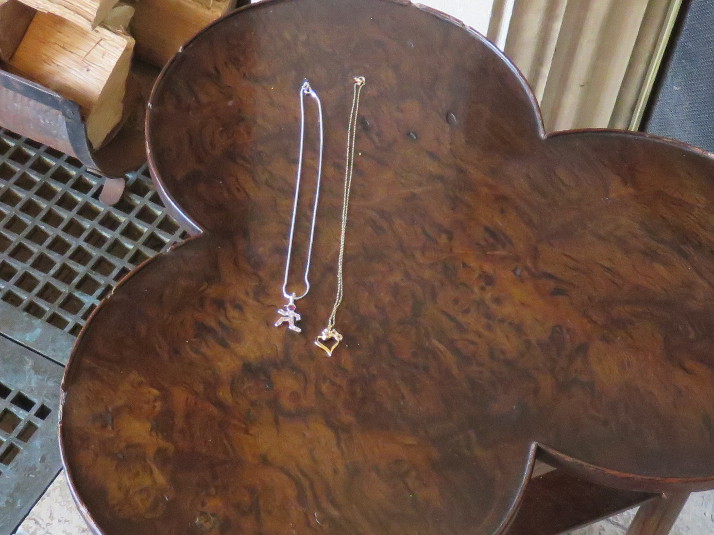Sharing Observations From an Unexpected Wedding
Sharing observations from an unexpected wedding I stumbled across last weekend. A wedding took place at the resort I was visiting for a family gathering. It was a unique opportunity to observe a ceremony that I wasn’t performing. Here are some things I noted that you might want to consider for your own ceremony.
- Have your celebrant invite people to stand and sit at appropriate times. There was a lengthy interaction between the couple and their parents at the beginning of the ceremony. The guests were visibly shifting around, not sure if they should stand or be seated during it. Eventually the celebrant did invite people to be seated, but they would have been able to see what was happening in front if they had been seated before this ritual.
- Make sure your ushers know what you want them to do. This couple had four ushers which should have been more than adequate. However, they were standing around socializing before the ceremony and did not help move guests toward the seats. They also did not hold late arrivals during the processional, so a couple walked part way up the aisle between the seating of the mothers and the entrance of the wedding party.
- Consider allowing the women in your wedding party to select their own dresses, coordinating only by color. All seven female attendants had obviously selected their own dresses. Some were tea length, others floor length. I saw chiffon, lace, jersey, and satin, all in a peachy champagne color. The maid of honor wore a darker, almost brown velvet dress that coordinated but allowed her to stand out. Taking this approach with your attendants allows them each to feel comfortable and beautiful as they support you throughout the day.
- Explain any rituals or actions included in the ceremony. After the exchange of vows and rings, the couple stepped to a small table at the back of the ceremony space. I have no idea what they did there as nothing was explained and it was difficult to see. A simple introduction by the celebrant would have made this more meaningful.
- Help your guests know where to go/what comes next after the ceremony. Remember those ushers I mentioned above? At the end of the ceremony they remained seated in their back row instead of releasing the guests from their rows. There also as no announcement made to tell the guests where to go immediately following the ceremony. The all remained seated for a few awkward moments before some guests in the middle of the chairs stood up and started to leave the space. Others followed, but having the ushers facilitate the exit would have been pleasant for the guests.
A ceremony was not on my agenda for our family gathering last weekend. But I hope that sharing observations from an unexpected wedding will provide some food for thought as you plan your special day.

